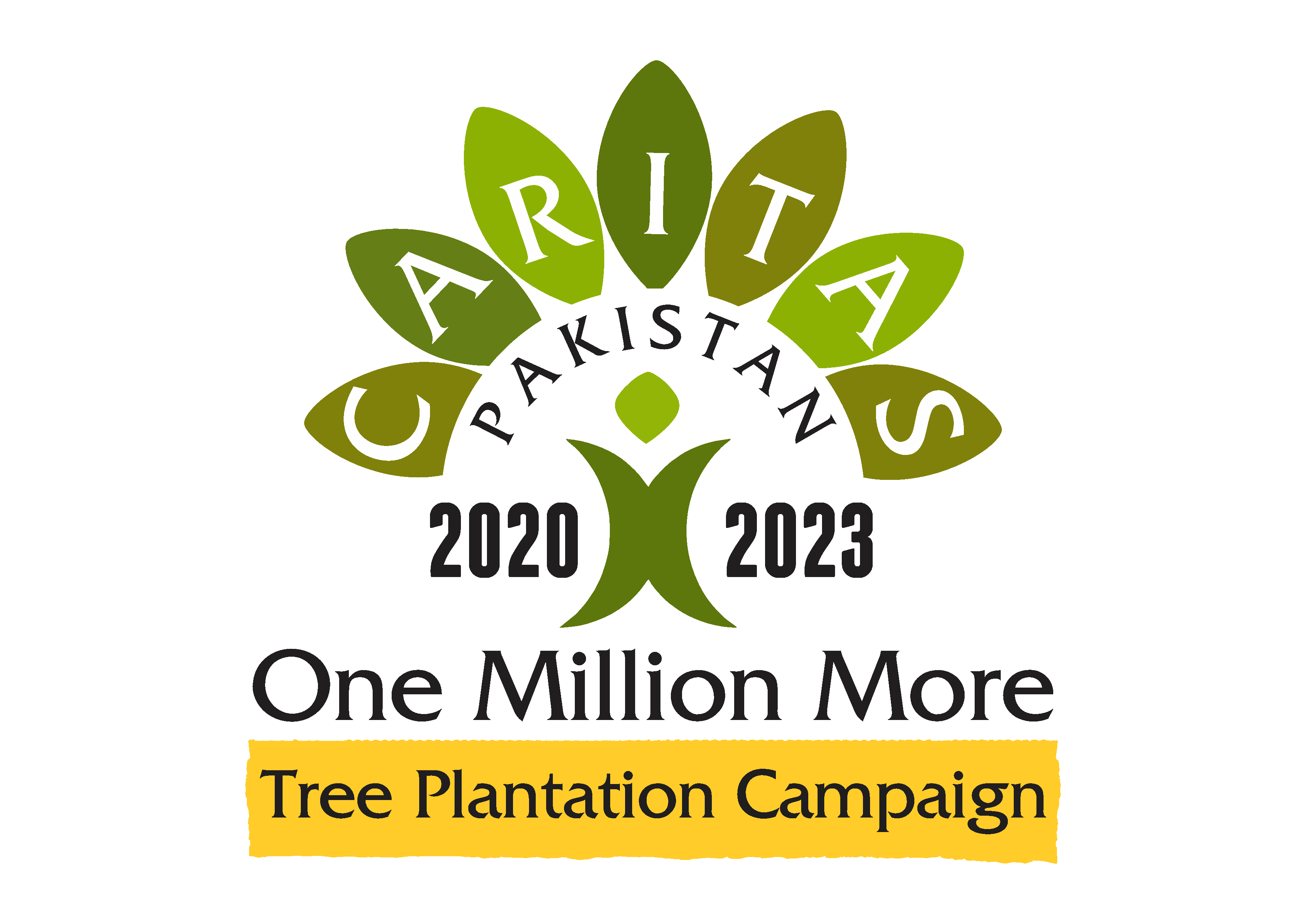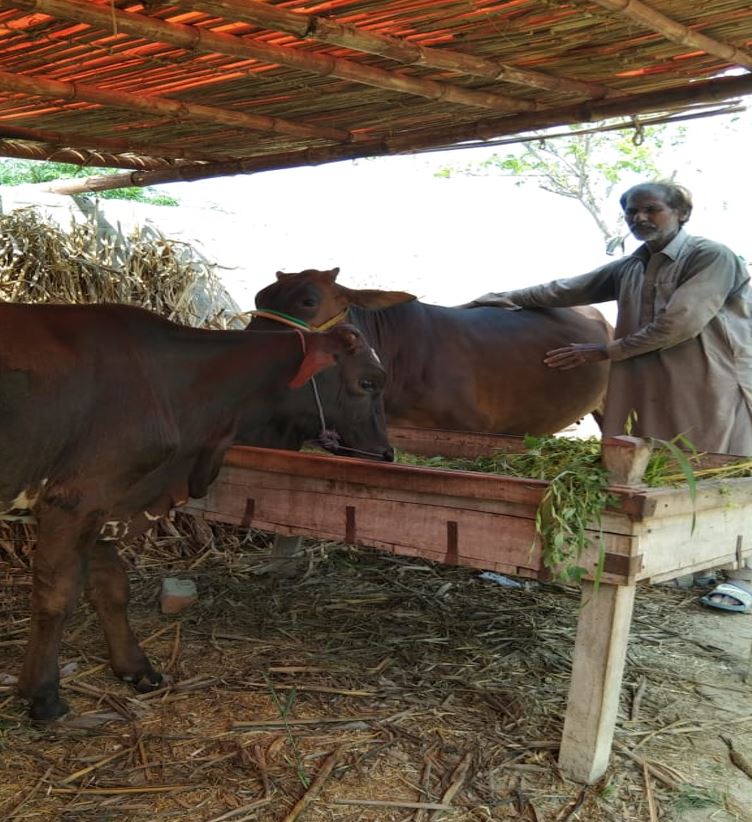No products in the cart.
For a person who keeps cattle, his/her cattle are like his/her children. These cattle source of income for that person. But if the cattle are not in good condition, it is very difficult to keep them. So, a good place like sheds is essential for the good health of cattle. The cattle should be kept in good place where they may be safe from any climatic changes. I am Shazia w/o Sadiq. I live in chak#148/5-L Tehsil and District Sahiwal. I am 45 years old and have four children to rise. My husband is a farmer. We have 01 acre landed earns a very low income which is monthly PKR 20,000. This income is very low for us and we meet our financial needs hardly. We have to pay school fees of children, utility bills, grocery and other needs. I have 2 cows and two calves. It was really a tough task for us to keep our cattle in good condition because we did not have a cowshed for them. I was making some milk from my cows, which was enough for my family, and I was also selling some of milk which helped me to purchase my daily food. But due to cowshed now when our cattle were ill all those things effect badly. Due to this reason, we face multiple issues in different seasons. We had to keep them in open area without any shed because we were unable to afford the cowshed. One cattle got ill and we were unable to pay a veterinary, in the result we had to sell our cattle in low price. This was great loss for the family but we were forced to do that. Mr. George Gill-VRP (Village Resource Person-CPF) visited our area and conducted a door-to-door visit, there I got a chance to meet and be a part of Smallholder Farmer committee. According to the need of smallholder farmers Caritas Pakistan Faisalabad and SHFC members enlisted the names of most vulnerable farmers for the cowshed material Distribution. On the distribution day, I received a Cowshed material from the blessed hands of His Excellency Bishop Dr. Indrias Rehmat (Catholic Diocese of Faisalabad) and Mr.Amjad Gulzar Executive Director Caritas Pakistan.


